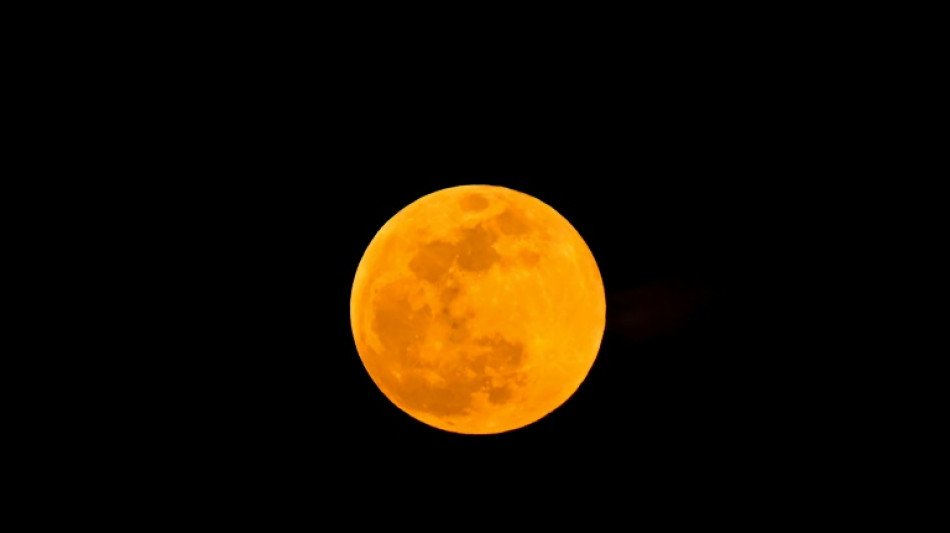

NASA delays crewed lunar landing to 2027
The United States is pushing back its planned return to the Moon from 2026 to "mid-2027" as it deals with heat shield issues and other troubles plaguing its Orion crew capsule, NASA officials said Thursday.
The announcement comes as President-elect Donald Trump is preparing to take office in January and could significantly reshape the direction of the US space agency.
Artemis, named after the sister of Apollo in Greek mythology, was officially announced in 2017 as part of NASA's plans to establish a sustained presence on Earth's nearest space neighbor, and apply lessons learned there for a future mission to Mars.
Its first mission, an uncrewed test flight to the Moon and back called Artemis 1, took place in 2022, after several postponements.
But teams reviewing the data later learned that Orion's heat shield eroded in unexpected ways, and there were also issues with its electrical and life support systems.
"We were able to recreate the problem here on Earth, and now we know the root cause, and this has allowed us to devise a path forward," NASA administrator Bill Nelson told reporters during a press conference.
Artemis 2, involving a crew that will not land on the lunar surface, has been postponed from September 2025 to April 2026, Nelson told reporters.
Artemis 3, in which the first woman and first person of color are to set foot on lunar soil at the Moon's south pole, should now take place in "mid 2027."
"That will be well ahead of the Chinese government's announced intention that they have already publicly stated of 2030," added Nelson.
"The safety of our astronauts is always first in our decisions. It is our North Star. We do not fly until we are ready."
Apart from the troubles plaguing Orion, NASA is waiting for Elon Musk's SpaceX to have a modified version of its Starship prototype rocket to act as a lunar lander.
While the company is making rapid progress, it still has a long way to go in its testing, especially in proving it can carry out a complex refueling procedure in orbit.
The spacesuits, developed by Axiom, are also still awaited.
Trump on Wednesday nominated online payments billionaire and private astronaut Jared Isaacman to lead NASA.
Experts anticipate significant changes could be in the offing -- from potentially cancelling the expensive Space Launch Systems (SLS) rocket used for Artemis, to possibly scrapping the Moon component altogether, and focusing on Mars.
喬-H.Qiáo--THT-士蔑報




